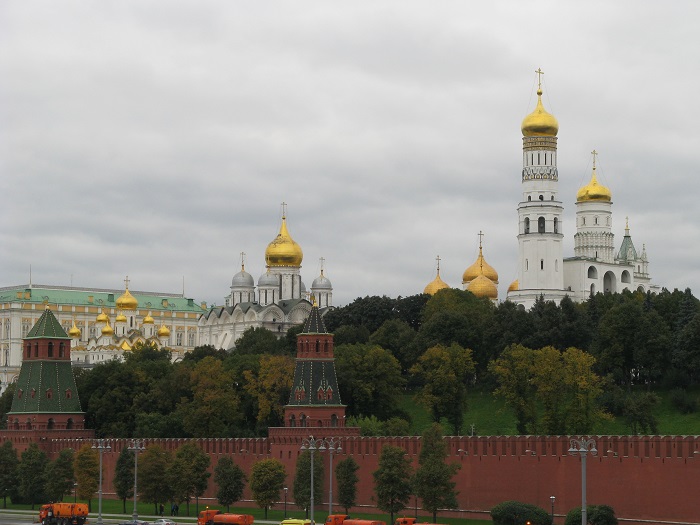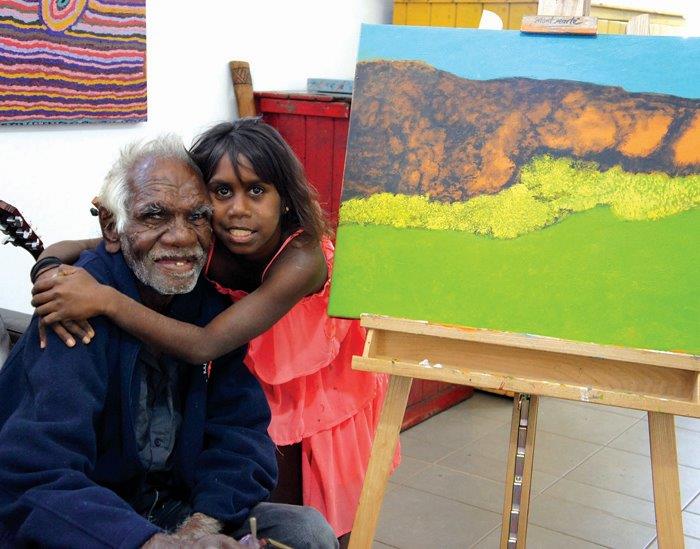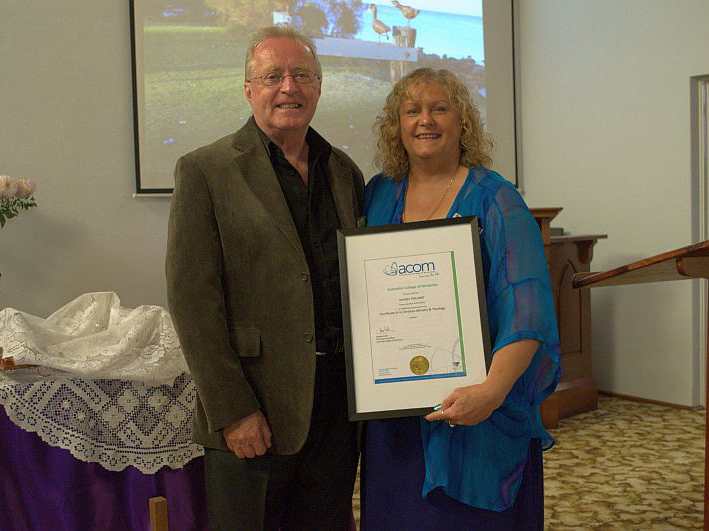Rev Cathie Lambert, minister at Margaret River Uniting Church, will be at Trinity North Uniting Church on Friday 27 and Saturday 28 January guiding participants through an art and spirituality workshop – Contemplation on Canvas.
Contemplation on Canvas will run on Friday evening, and then all day Saturday. During the retreat, participants will have the opportunity for personal reflection on their own life and spiritual journey so far. Guidance and inspiration will be given in a large group format, followed by individual reflection time.
At each stage of reflection, participants will begin to create their very own mixed media canvas. Using creative materials, participants will craft an artwork that depicts their life and their hopes for the future.




